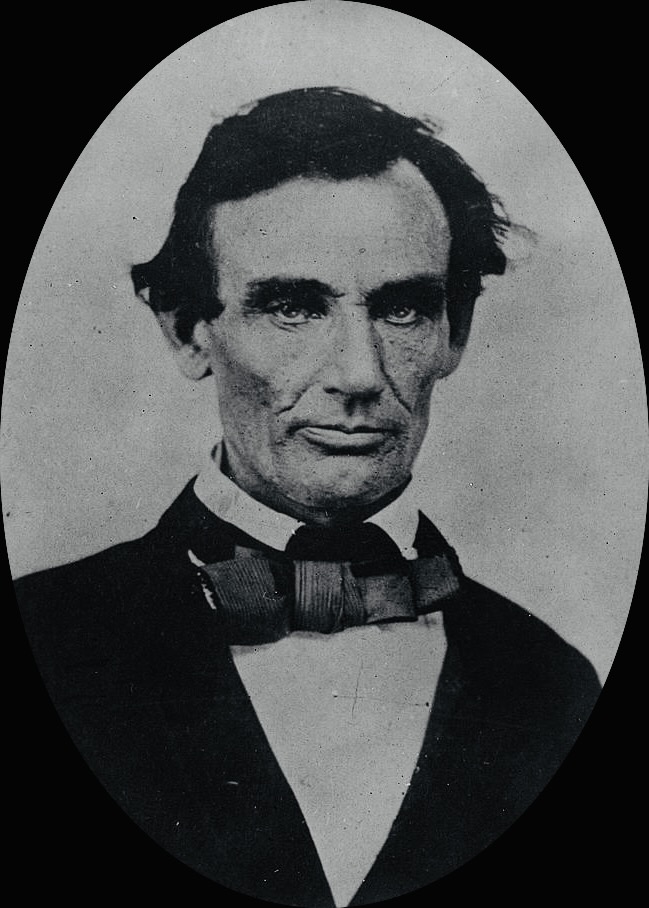

Image: Abraham Lincoln. Calvin Jackson (October 1, 1858) Library of Congress, https://www.loc.gov/pictures/item/98504517/.

Next Document
Veto Message Regarding Land Grant Colleges
February 24, 1859
Conversation-based seminars for collegial PD, one-day and multi-day seminars, graduate credit seminars (MA degree), online and in-person.





































































































































































































































